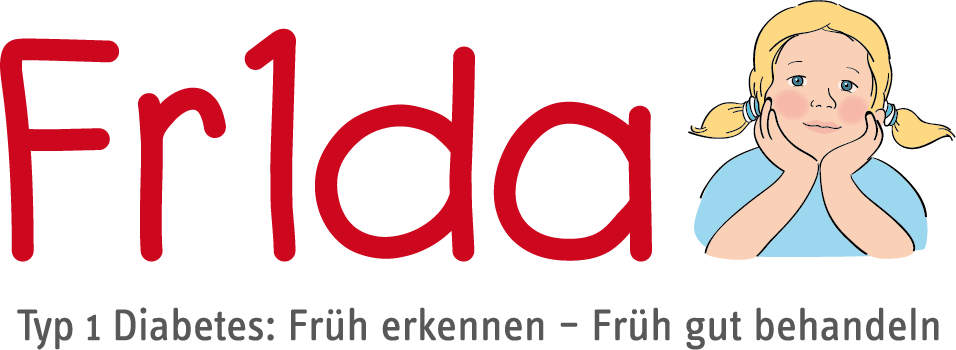
Our studies at a glance

The Freder1k Study – Early detection of increased genetic risk of developing type 1 diabetes in children
In the first seven days after their baby’s birth, parents have the option of having their newborn child tested for an increased risk of developing type 1 diabetes. The test can be carried out at the maternity clinic or by a paediatrician. For the screening, GPPAD provides a European-wide infrastructure: In Germany, genetic screening is offered by the Freder1k study and all families in Bavaria, Lower Saxony and Saxony can take part with their newborns free of charge.

Fr1da study: Early detection of early-stage type 1 diabetes in children (only available in Germany)
More and more children are developing type 1 diabetes. The Fr1da study uses a few drops of blood to check whether a child has early-stage type 1 diabetes. If this is the case, the disease can be treated right from the start and serious metabolic imbalances can be prevented. The Fr1da-Study offers all families in the German federal states of Bavaria, Lower Saxony, Hamburg and Saxony the opportunity to take part in type 1 diabetes screening with their children aged from two to ten: Thanks to a simple and free blood test, the disease can be detected at an early stage and treated early – before any symptoms appear. Children with early-stage type 1 diabetes can also be given the opportunity to participate in studies with new, potentially preventive treatments.
Relatives of people with type 1 diabetes aged between one and 21 can take part in the Fr1da study anywhere in Germany.

SINT1A study: Prevention of type 1 diabetes
The SINT1A study (Supplementation with Bifidobacterium infantis for Mitigation of Type 1 Diabetes Autoimmunity) investigates whether the development of islet autoantibodies and type 1 diabetes in children with an increased risk of type 1 diabetes can be prevented using Bifidobacterium infantis. In the study, the probiotic or a placebo is given as a powder mixed with breast milk or another liquid. The aim is for this to positively influence the intestinal microbiota and thus have a regulating effect on the immune system.

POInT study: Prevention of type 1 diabetes
The POInT study examines whether the development of islet autoantibodies and type 1 diabetes can be prevented in children with an increased risk of type 1 diabetes through preventive treatment with insulin. Type 1 diabetes is caused by the immune system mistakenly reacting to the insulin-producing cells (beta cells) in the pancreas. Thereby, the insulin-producing cells are destroyed by the body’s own immune system. The body’s own insulin is often the first target of this immune reaction, which leads to type 1 diabetes. In the POInT study, insulin is given orally as a powder. Through exposure via the mucous membranes of the mouth and the digestive tract, the aim of the insulin powder is to train the immune system to tolerate the body’s own insulin, thereby preventing the destructive immune reaction.
The POInT study is not taking on more participants. The results of the POInT study will provide new approaches for type 1 diabetes research.
© Institut für Diabetesforschung – Helmholtz Munich 2023
